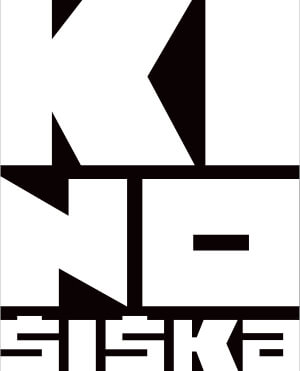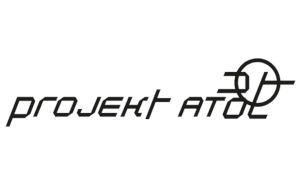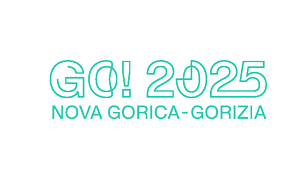This analysis explores Ork Haus (2022), an experimental simulation by Greek artist Theo Triantafyllidis, critiquing socio-technological tensions within Web3-enabled digital platforms. In this speculative space, a family of orcs grapples with survival in a chaotic, incomplete household, echoing pandemic-era isolation. Inspired by The Sims, the orcs face absurd challenges—crying on the toilet, meditating at night, and striking walls—emphasizing their alienation within a fractured, never-ending work-from-home reality.
The orc family's indefinite lockdown is symbolized by shifting shadows in the scenery, with their passive immersion in a technologically mediated "onlife" (Floridi, 2015) deepening their detachment from the physical world. Ongoing disturbances—such as a constant kitchen fire, a leaking sink, and accumulating trash—serve as metaphors for contagion, both literal and figurative, within the physical and the digital space. The “digital storm,” full of noise and disruptions, symbolizes the interplay between contagion and immunity in digital environments. Striking twice, the storm acts as a parasite (Serres, 1982), destabilizing the household and exposing the orc family's apathy —Serres’ concept of noise as both disruptor and catalyst highlights vulnerabilities in the digital space while offering potential for transformation.
Applying Science and Technology Studies' (STS) theoretical lenses to Ork Haus sheds light to the socio-political impact of digital platforms and their role in shaping human experience (van Dijck, 2013; Spagnoletti, Resca & Lee, 2015) and identity (Srnicek, 2017; Brown, 2019) within emotionally charged, work-from-home contagion forms. Ork Haus’ connotations connects to the broader discussion on digital platforms, which, though seen as neutral spaces for tasks and transactions, act as socio-political frameworks shaping individual and collective identities. They prompt us to reconsider isolation, control, and the ethical implications of technology in our lives, aligning with STS views on technology as an active force in shaping social processes and cultural dynamics (Grau & Hinterwaldner, 2021).
Additional info: Link to the artwork: https://slimetech.org/works/or
Stella Sofokleous holds a PhD from the Department of History and Philosophy of Science at the National and Kapodistrian University of Athens (NKUA), supervised by Associate Professor Eleni Gemtou. Her research focuses on the history and philosophy of digital art. After completing an MA in History of Art at the University of Edinburgh, she worked at the National Gallery of Scotland. She received scholarships for both her MA and PhD studies from the A.G. Leventis Foundation. Her work has been published in conference proceedings and scientific journals (DRHA2020, RISE IMET 2021, ISEA 2022, Automaton). In 2022, she translated 19 texts into Greek for the volume Digital Technologies & Arts, edited by Assistant Professor Vassiliki Lalioti (NKUA). In 2023, she joined the network of the TECHNO-LOGIA project (ASFA & Dept. of PHS).
Eleni Gemtou is Associate Professor at the National and Kapodistrian University of Athens (Department of Philosophy and History of Science). Her research explores the intersection of Art, Science, and Technology. She has published widely in scientific journals and conference proceedings, and is the author of the Greek-language books History of Art. An Epistemological Approach (2nd ed., 2022) and Art and Science. Interpretive Approaches to Modern and Contemporary Art through the Influence of Science (2018). She also translated and edited the Greek edition of The Books that Shaped Art History (2022). She has coordinated and authored several University of Athens e-learning programs and is a member of the TECHNO-LOGIA project (ASFA & Dept. of PHS), as well as teaching staff at the Open University of Greece.
Johannis Tsoumas earned his MA in History of Design from Middlesex University (1993) and a PhD in Art History from the Aristotle University of Thessaloniki (2002). He has published extensively in scientific journals and is the author of four books on design and visual culture, including The History of the Decorative Arts and Architecture in Europe and America (1760–1914), The Emergence of Plastics Culture in Greece (1950–1970), Women in Greek Advertisements in the 1960s, and Japan and the West: Mutual Influences in Applied Arts (1540–1960). He currently teaches at the Department of Interior Architecture at the University of West Attica as an Art and Design Historian and Fine Arts Tutor. His research interests include nineteenth-century design and twentieth-century European visual and material culture.
Back








